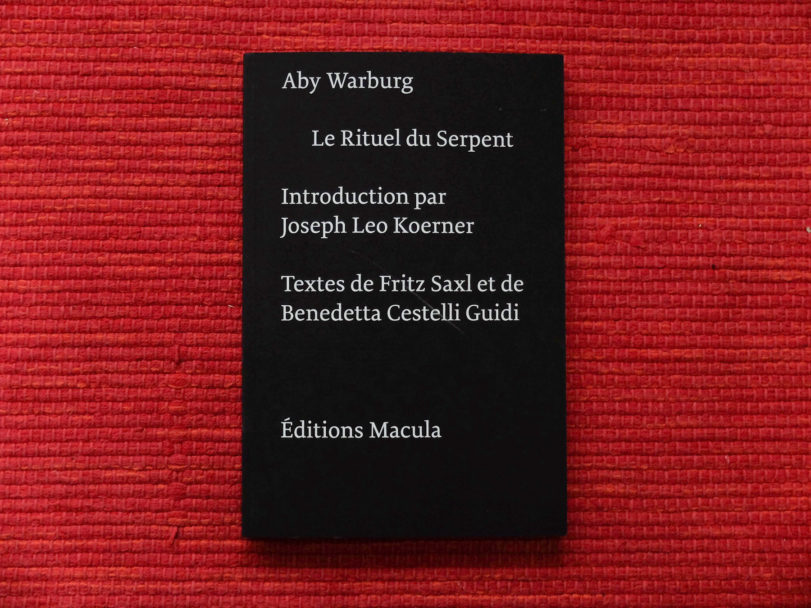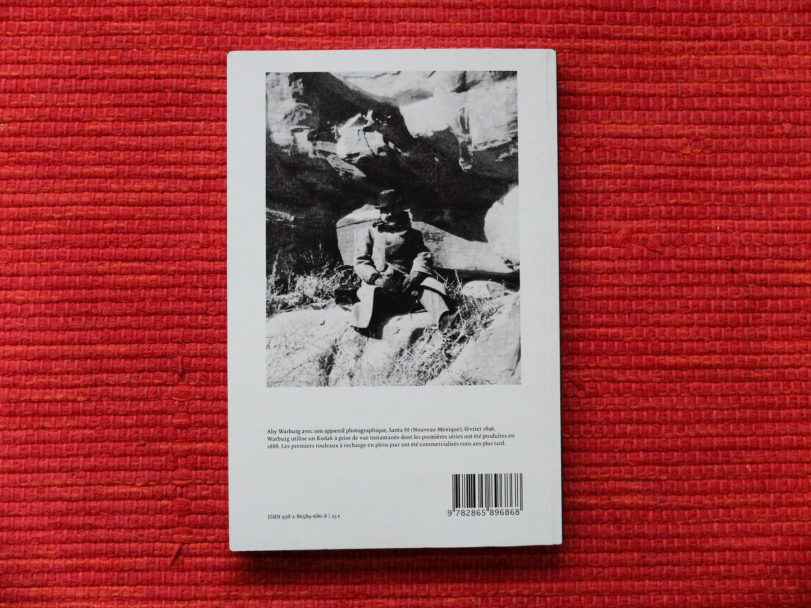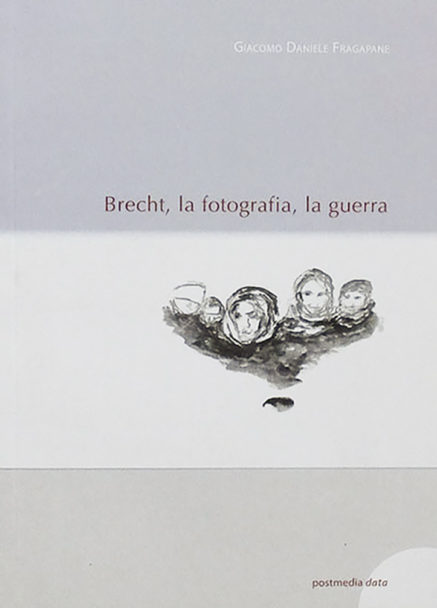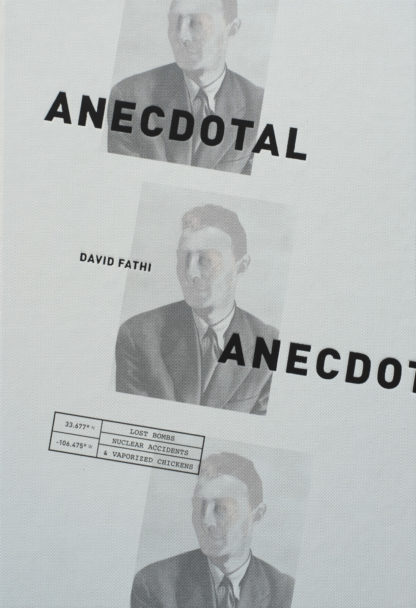
Aby Warburg, LE RITUEL DU SERPENT. RÉCIT D’UN VOYAGE EN PAYS PUEBLO, 2015
25 Euro
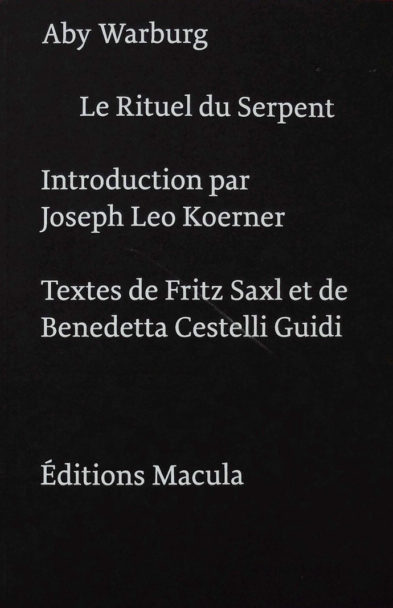
1 in stock
Il Rituale del Serpente could be the best introduction to the deep and singular work of Aby Warburg (1866 – 1929), the most direct way to reach the heart of his thought. His work about Hopi appears to us as the spatial expression of an incoercible desire to escape the limits, the conditioning of his environment and his academic discipline: «I was sincerely disgusted by the history of aesthetic art. » For this already renowned specialist of the fifteenth century, attentive to the great imperious voice of Nietzsche, «formal contemplation of the image» could only generate «sterile chatter». And so in 1923, twenty-seven years after his investigation at the Hopi, Warburg, interned in the psychiatric clinic of Ludwig Binswanger, in Kreuzlingen, for serious mental disorders accentuated by the war, insistently asks to hold a conference. Then all the details of the American journey re-emerge before the assistants and the sick: dances, sanctuaries, ornaments, gestures, habitats, drawings, meetings; but also the chain of associations that, on the ambivalent theme of the snake – cruel with Laocoon, beneficent with Asclepius, Seductive and deadly with the serpentine nymphs of Botticelli or Ghirlandaio -, he did not cease to lead Warburg from an ancient Antiquity until the ceremonial practices of «primitive» (and vice versa). Warburg will spend five months in America. He observes, draws, photographs Indian rituals. Back in Hamburg, he organizes three screenings in photo-club. Then nothing. Silence. He resumes his life as a researcher, publishes essays that will date. The Indian episode is forgotten, repressed. Introduction by art historian Joseph L. Koerner, The Snake Ritual is accompanied by a diary kept by Warburg in the United States, a text by his pupil and successor Fritz Saxl and an essay by Benedetta Cestelli Guidi.
Aby Warburg – Le Rituel du Serpent. Art & anthropologie
Edition Macula
2015, 4th edition
Introduction by Joseph L. Koerner.
Texts by Fritz Saxl and Benedetta Cestelli Guidi
Paperback
French
